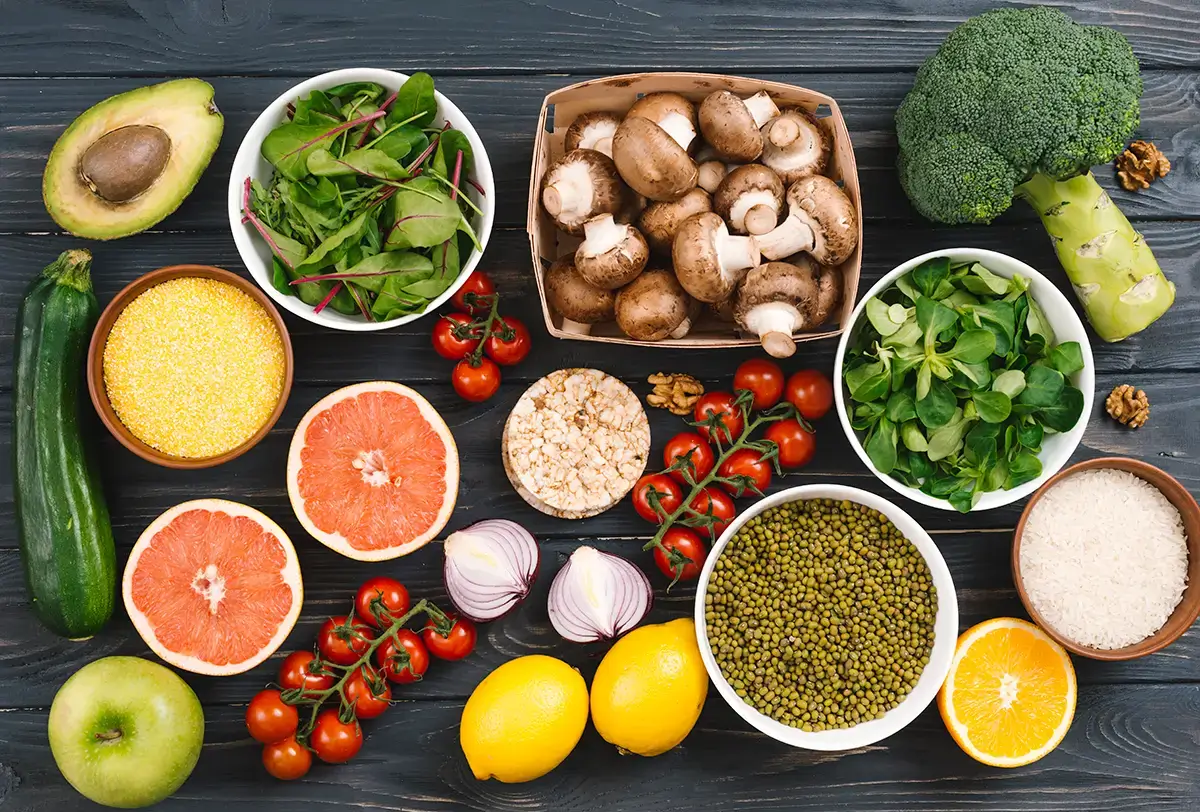Child Nutrition: Tips for Establishing Healthy Eating Habits
Child nutrition is a crucial topic for parents and caregivers who want to ensure a healthy and balanced life for their children. Establishing good eating habits early on can have a direct impact on growth, development, and the prevention of future diseases. In this article, we explore how to promote healthy eating habits for children, based on recommendations from the Brazilian Ministry of Health and nutrition experts.
The Importance of Healthy Eating in Childhood
Childhood is a critical phase for children’s physical and mental development. During this period, the body is in full growth, requiring adequate nutrition to ensure healthy development. According to the Ministry of Health, a balanced diet can prevent diseases such as obesity, diabetes, hypertension, and other complications in adulthood. Additionally, good eating habits contribute to school performance, improving concentration and energy for daily activities.
Introduction to Solid Foods: First Steps
The introduction of healthy foods should begin with the introduction of solid foods, usually at six months of age. During this period, it is recommended to offer a variety of natural foods, such as fruits, vegetables, cereals, and animal and plant-based proteins. According to the Brazilian Society of Pediatrics (SBP), complementary feeding should be rich in nutrients and appropriate for the child’s age, respecting their appetite and development pace.
The Importance of Whole Foods
Whole foods are those obtained directly from plants or animals, without any industrial processing. These foods are fundamental for a healthy diet as they are rich in nutrients and free from chemical additives. Fruits, vegetables, lean meats, and whole grains should form the basis of a child’s diet, as recommended by the Brazilian Food Guide. Learn more.
Avoid Ultra-Processed Foods
Ultra-processed foods, such as snacks, soft drinks, filled cookies, and fast food, are high in sugars, sodium, and trans fats, and low in essential nutrients. These foods can lead to excessive weight gain and long-term health problems. The Brazilian Food Guide recommends avoiding these products and prioritizing whole or minimally processed foods.
The Importance of Parental Example
Children learn by example, and parents’ attitudes toward food are crucial in forming their habits. Parents who maintain a balanced diet and show enjoyment in eating healthy foods tend to positively influence their children. Additionally, involving children in meal preparation can be an excellent strategy to spark interest in nutritious foods.
Establish Eating Routines
Setting regular meal times helps create a healthy eating routine. Offering intermediate snacks, such as fruits and natural yogurts, can prevent overeating during main meals and keep metabolism active. The SBP recommends that meals be eaten in a calm environment, free from distractions like television or electronic devices, promoting a moment of socialization and mindfulness while eating.
Diversity and Variety in the Diet
Offering a diversity of foods is essential to ensure that the child receives all the nutrients necessary for their development. Each food group plays an important role in the diet: fruits and vegetables provide vitamins and minerals, whole grains offer fiber and energy, while animal and plant-based proteins are essential for growth and tissue repair. This combination should be balanced and varied.
Be Patient and Persistent
Introducing and maintaining healthy eating habits can be challenging, especially with the constant availability of industrialized and low-nutrient foods. Be patient and persistent, respecting the child’s time to adapt to new flavors and textures. It is important not to force food consumption, but to offer it creatively and variedly, encouraging curiosity and experimentation.
Promoting healthy eating from childhood is an investment in our children’s future health and well-being. With dedication, patience, and a good example, it is possible to cultivate eating habits that will be carried into adulthood.
Sources Consulted
- Ministry of Health. Brazilian Food Guide.
- Brazilian Society of Pediatrics. Orientation Manual: Feeding in the First Year of Life.














